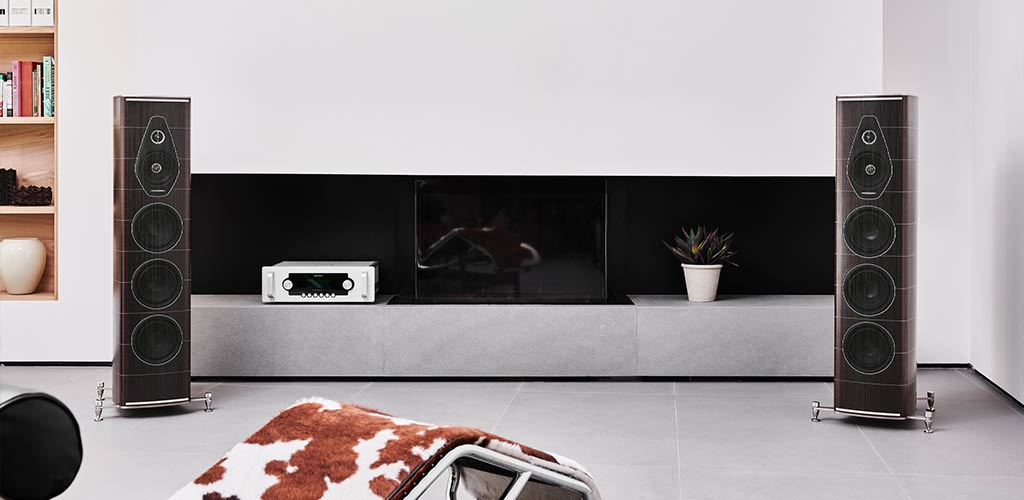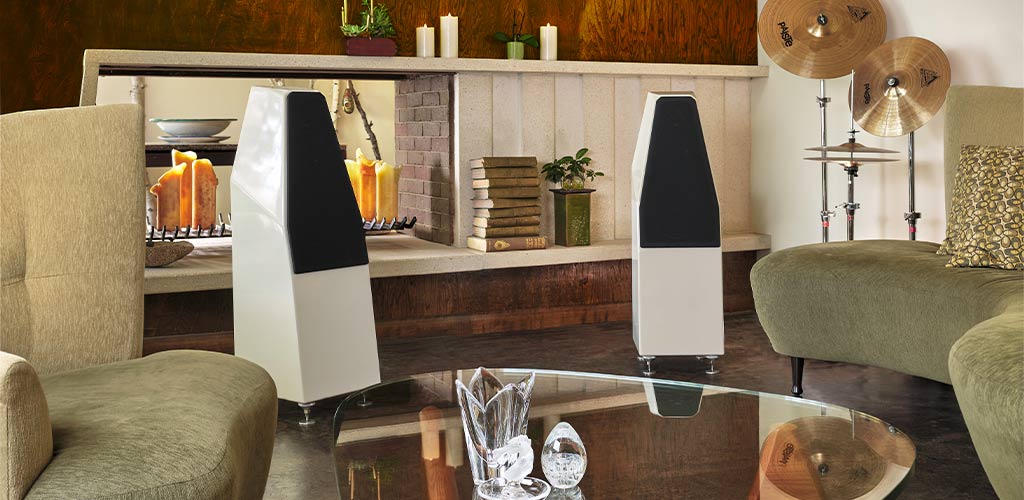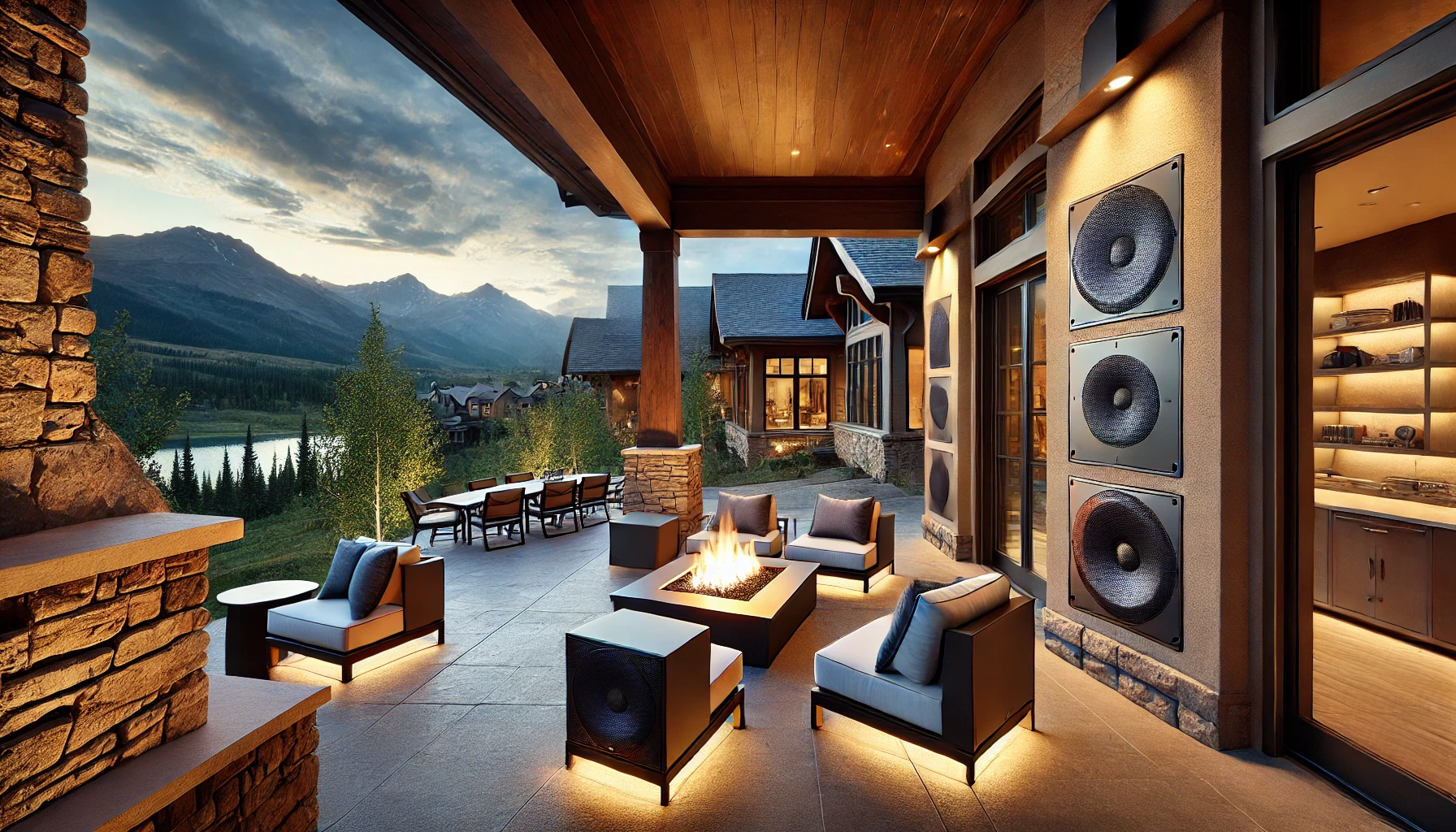To some, the term “audiophile” may indicate someone with an inherent knowledge of the obscure aspects of audio. However, most audiophiles are normal people who happen to love great sound and seek to recreate the live performance experience through their stereo system. They have an understanding of what to look for in the components that make up a quality stereo system and know how to achieve high-caliber performance without emptying their bank account.
There are a few things you can look at and listen for when buying and tweaking products for your stereo system: accurate instrumental timbre, dynamic range, and spatiality – the ability of a recording to convey the space in which the recording was made and the placement of the images within the space. A quality recording played back on a well set up system will produce focused images placed in a definable space. Soon, you’ll be able to recognize these aspects in your setup.

Media Source
We’d argue that the quality of your media player is nearly as critical as your speaker’s quality. Whether you’re using a CD player, a turntable, a DVD player, or another source, you’ll want to have a sturdy media source to start the chain of sound. If you’re using an older source, such as a vintage turntable, you may need to do a bit of tinkering with the equipment.
Receiver
As the central hub of audio flow, the receiver is vital in sending sound from your media player to your speakers. Your media source should determine the price point for your receiver. If you’re working with a vinyl setup, investing in modern digital receivers is a waste of money, considering you don’t need HDMI inputs and other modern additions. However, if you’re playing music from more recent media sources, a digital receiver is perfect for you. Overall, having a quality receiver can still be less expensive than owning a secondary option of an amp and preamp.
Amplifier
If you want to truly optimize your system’s performance, we suggest bypassing the receiver and purchasing a separate amplifier and preamp instead. It’s well worth the cost. Consider power handling when browsing amps. The amplifier’s RMS, its rating for continuous power, is a better standard to determine the power factor rather than the peak power number. To avoid overheating your amp, conduct some research on the quality of both the amp’s power supply and heat sink. Weight is a third surprising factor in determining the quality of your amp’s performance. In this case, the heavier the power supply is, the better.

Preamp
The preamp provides audio source input and adjusts the volume without adding noise. For example, if you plug a smartphone into a stereo, then max out the volume, you’ll hear distortion. But the addition of a preamp removes the distortion, and the very best preamp won’t interfere with your audio signal. You’ll want to look for a product that has enough inputs for your current and future needs through different levels of customization. Some audiophiles may decide they don’t feel the extra step is necessary, while some enjoy the “warmer” sound. If you’re looking to save more money, feel free to skip this step, as most modern receivers can handle this issue just fine.
Cables
Cables may seem like something you can just dig from a bin in your garage, but the wiring is equally important. Spend the extra few cents per foot on a large-gauge wire, because a better cable means a better signal. However, you don’t need to aim for the most expensive brand. Stores like Home Depot will offer you a perfectly functional cable, but a good audio store will provide you with cables that truly optimize your listening experience.
Speakers
A quality set of speakers is the most important part of your sound system, which may mean investing a bit more money. There’s no one-size-fits-all for speakers; everyone has a different sound preference and living space available for their setup. We recommend “auditioning” speakers of varied shapes and sizes in a retail store to determine the ones you want to take home.
When all these components come together in harmony, you’ll be able to enjoy a symphony of sound in your home that feels like you’re next to your favorite artist in the studio or at a live concert. If you’re ready to have an audiophile’s listening experience in your home, call Xssentials today to get started.



